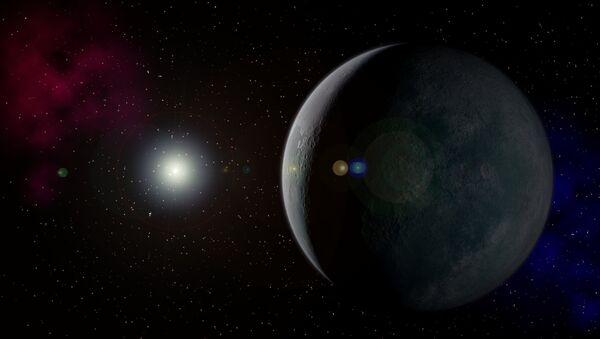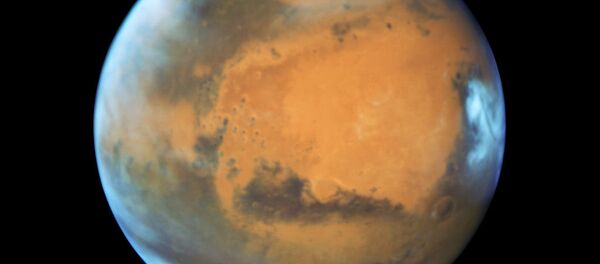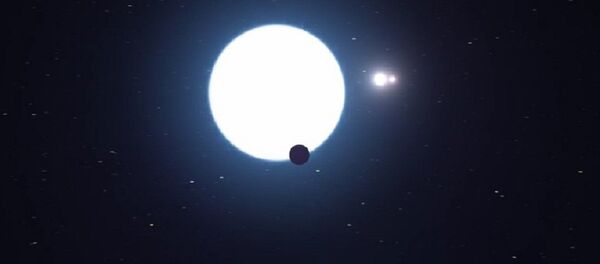The other eight major planets still circle the Sun, and the Sun still rotates on its axis, but the spin is sitting on a tilt, with the axis a 6-degree angle, relative to a line perpendicular to the plane of the planets.
Several theories attempt to explain this shift. Some think that interplay between the primordial disc that predated the solar system and the Sun’s magnetic field may be the cause, while others posit that it’s due to the temporary attraction of a long-past star. Neither theory fully explains why the alignment of the Sun’s spin has changed.
Recently, two teams of astronomers theorized that a massive hypothetical planet in the outer solar system could be obstructing the orbit of other planets. Konstantin Batygin and Michael Brown, from the California Institute of Technology in Pasadena, feel that the existence of Planet Nine could explain why some icy bodies beyond Jupiter move so erratically.
Elizabeth Bailey, also at Caltech and who has worked with Batygin and Brown, suggests that this theory could be applied to the orbit of all the planets. She said, "Because we think Planet Nine has a significant inclination, if it exists, then that means it would tilt things. It’s one puzzle piece that seems to fit together, and it really seems to be in support of the Planet Nine hypothesis."
The planet would require a mass 5-20 times that of the Earth, and have a highly-unconventional orbit, reaching its furthest point at some 250 times the distance between the Sun and the Earth. This extended path leads some to suggest that at one time it was an exoplanet that was gravitationally captured by the Sun.
If this took place at an early enough interval, its gravitational strength, beginning with the time in which the solar system came into being, would have been enough to knock the orbital plane of the other planets out of alignment, according to Bailey. Neptune, Uranus, Saturn and Jupiter would move as one, he suggests, so Planet Nine wouldn’t be able to move them individually. The entire solar system would tilt as a result.
Alessandro Morbidelli at Côte d’Azur Observatory in Nice, France, came to a similar conclusion, offering that the tilt of Planet Nine’s orbit, not its mass, is key. If mass was the central factor, then Jupiter would be the most likely culprit.
He said, "What is important is that the perturbing planet is off-plane. Jupiter cannot cause its own tilt."
The tilt of the Sun doesn’t prove conclusively that Planet Nine exists. The distant planet would have to be carefully observed for that affirmation to be made.





